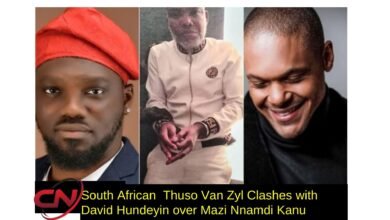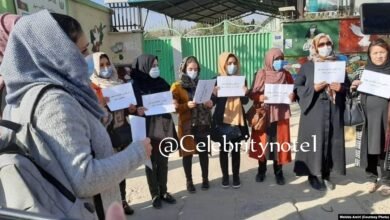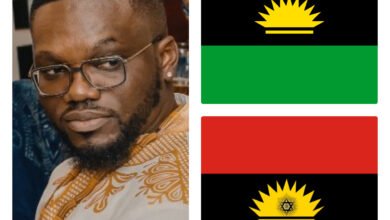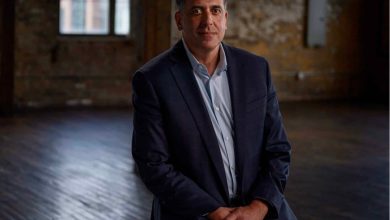“Why I was really detained” – Fisayo Soyombo

Renowned investigative journalist Fisayo Soyombo has revealed details of his detention by the Nigerian Army, accusing the military of deliberately compromising his safety during his investigation into illegal oil bunkering.
Advertisements
Speaking after his release, Soyombo clarified that he was conducting an undercover investigation into oil theft networks when he was apprehended. He denied engaging in any illegal activities and criticized the army for portraying him as a criminal in their public statement.
“The acting spokesman of the Nigerian Army deliberately compromised my security by linking me to oil bunkerers,” Soyombo stated. “I made no mention of oil bunkering while in detention. By doing this, they effectively informed the illegal bunkerers that I was on their trail.”
Soyombo disclosed that his investigation exposed a corrupt network involving security personnel and illegal bunkerers. He alleged that his detention stemmed from a dispute over bribes, with one security operative tipping off others about his activities.
“There was no arrest. The army didn’t arrest me; they merely spotted me. I came forward to initiate a conversation because I believed it was a settlement issue, as the illegal bunkerers claimed they had bribed all the soldiers,” he explained.
The journalist also addressed his decision not to involve the Nigerian Army in his investigation, citing a lack of trust in public institutions. “I didn’t trust the army or any public institution because known illegal oil bunkerers were bribing individuals in different security formations. Carrying them along could have endangered my life,”
Soyombo revealed that after being taken to the 6th Division of the army, he identified himself as a journalist and presented evidence of his investigation. Despite this, he was held incommunicado for three days, a move that sparked widespread condemnation and public outcry, ultimately leading to his release.
Reflecting on his experience, Soyombo lamented the challenges faced by Nigerian journalists. “The press is not free, especially when it comes to investigative work. Security agencies become hostile the moment they hear the word ‘investigation.’ They don’t want independent journalism,” he observed.
Soyombo’s detention has drawn criticism from civil society groups, media organizations, and individuals who view it as a blatant attack on press freedom.









